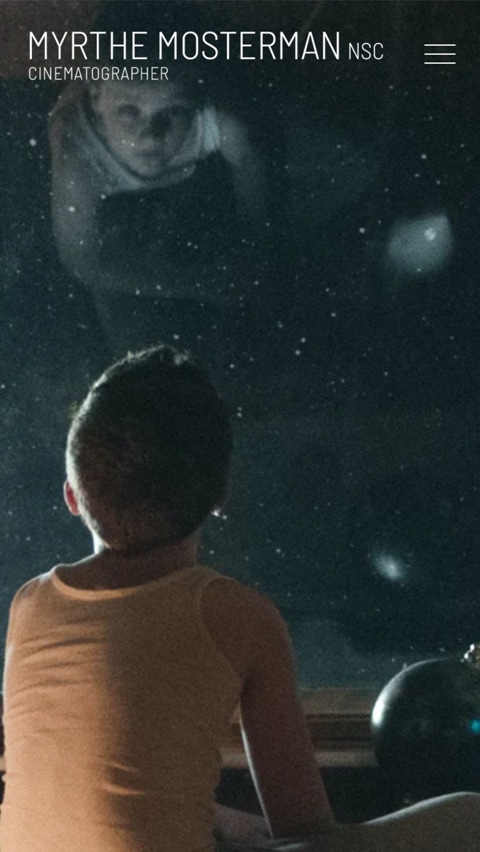And Ode To Naturalism
Myrthe Mosterman is always chasing the perfect light. Be it golden hour or a very specific point of view, her imagery paints a whimsical yet totally naturalistic picture, accessible yet out of reach. It’s not moody, it’s evocative.
With an impressive portfolio of work and flagship campaigns under her belt, Myrthe has had the chance to work with brands such as KLM, McDonald’s, Volkswagen and collaborate in acclaimed feature and short films. Her constant curiosity drives to always seek the best angle, light and treatment for a narrative to come to life.
Here’s what she had to share with us.
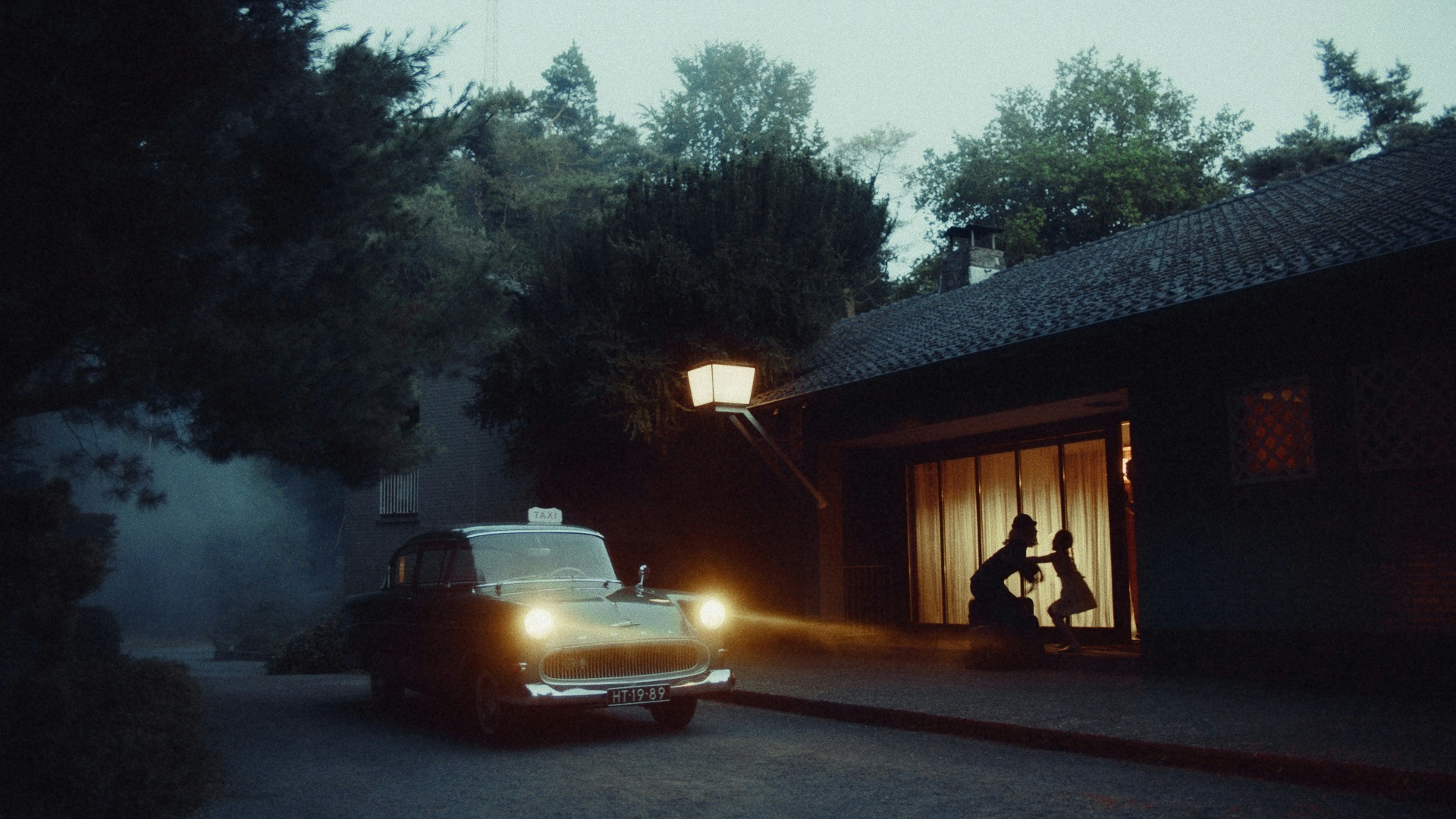
Fabrik: Hello Myrthe, we’re happy to have you as a Hero! To start, you like to share a bit more about yourself in your own words?
Myrthe Mosterman: "After completing my Masters in Film Studies at the University of Amsterdam, I decided to apply at the Dutch Film Academy to study Cinematography; the best decision of my life. I live in Amsterdam with my son and husband, but also travel the world, meeting incredible people to help them visualize their stories. Currently I am working on a feature film and in between films, I shoot commercials. My style is poetic and naturalistic, with a good eye for lighting."
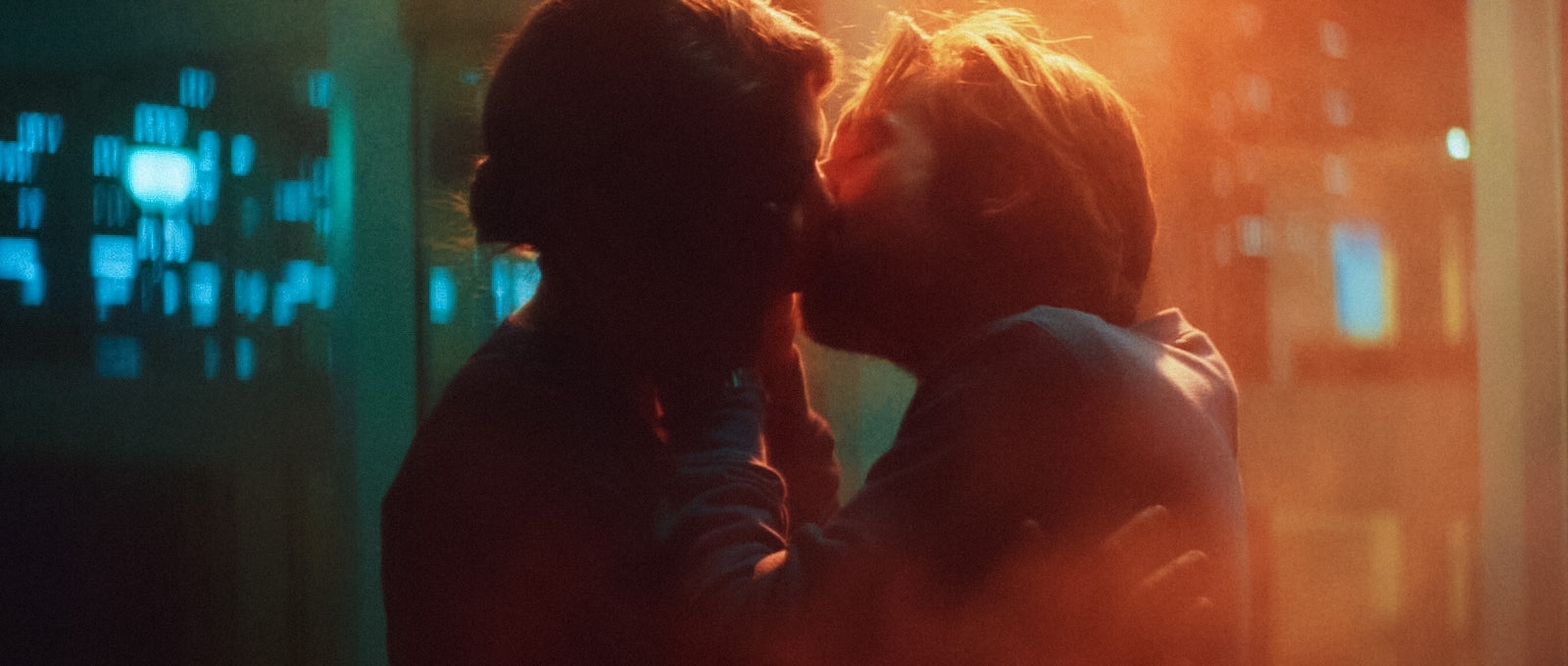
Fabrik: The current state of affairs has upended the way filmmaking works. How do you navigate the situation? How do you approach and adapt to the new global context?
Myrthe Mosterman: "We are now maybe on the brink of a second outbreak and it is hard to tell how things will go. Luckily, at the moment the film industry is back on track in The Netherlands, with new safety rules and distance regulations, testing actors and crew, but earlier this year my work was on hold for about three months. In a way that was a special period of my life, focussing on the things that matter most to me, spending time with my family and taking care of friends and family. I was lucky not to get affected by the virus and I have picked up shooting commercials again.
Now I am preparing a feature film that was written and funded during the pandemic, taking into account the current social distancing reality. It is written for a small crew. Hopefully we will start shooting in the next couple of months.
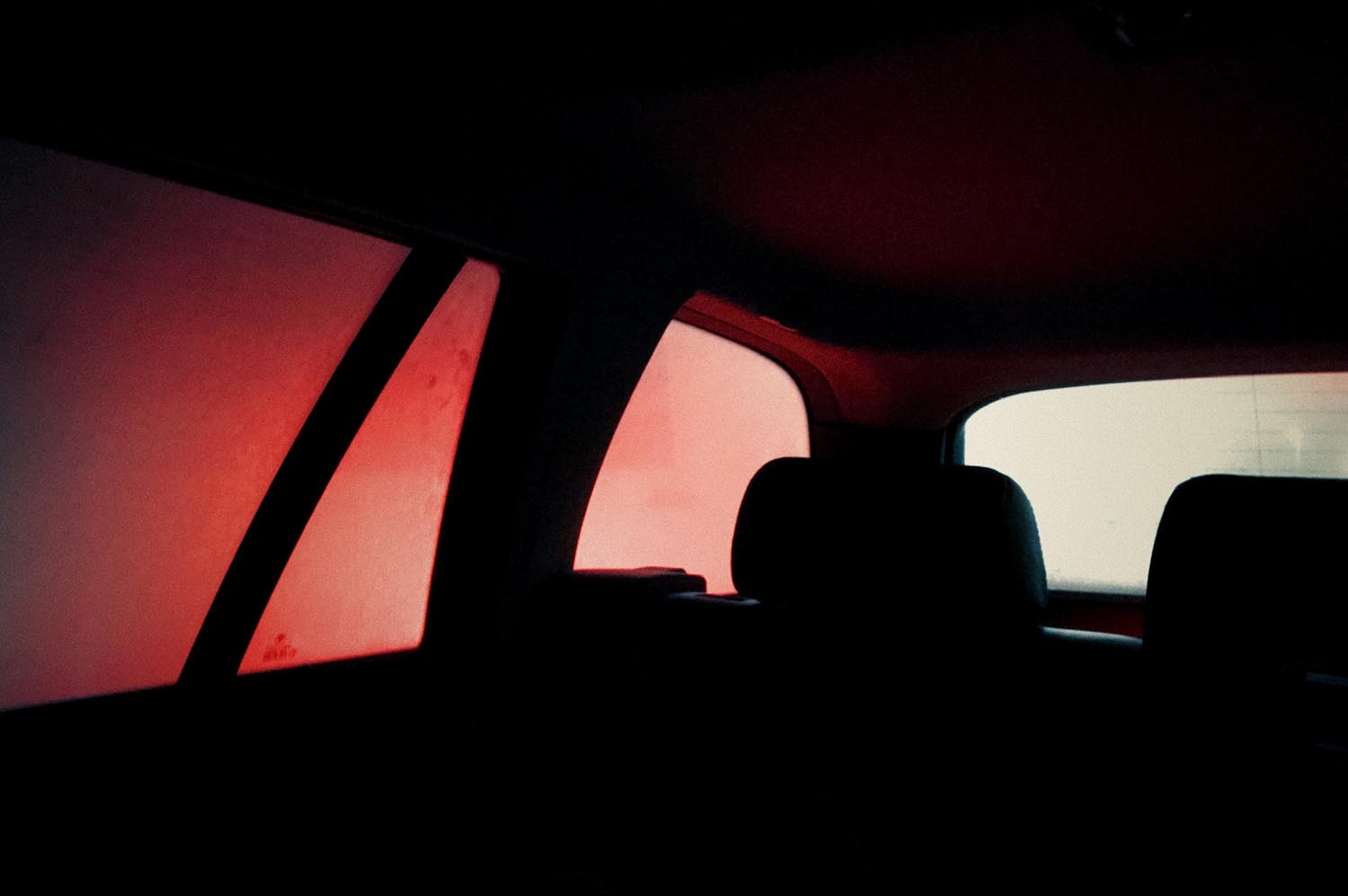
"[…]my work has been on hold for about three months. In a way that was a special period of my life, focussing on the things that matter most to me, spending time with my family and taking care of friends and family."
Fabrik: They say that people will never forget how you made them feel and I think that cinematography has this quality to create emotions. Is there anything specific you look for in scripts or treatments to evoke emotions?
Myrthe Mosterman: "As a cinematographer, the most important things are listening and communicating, because you have to visualize somebody else’s ideas. I have to get to know what a director wants to tell their audience and try to find the best way to do so - making the audience feel and experience the emotions on screen. I have to get inspired or touched by the narrative myself in a way, to transfer that feeling to the frames I make.
At the end of the day, I love the way editing and sound lifts the images to a higher emotional level. Of course I put a lot of myself into my work, as my eye is seeing the world in a personal way and as such I show people the way I am feeling about things. I also cherish the very intimate connection with actors. You are getting so close and they are very vulnerable so they have to trust you completely and immediately."
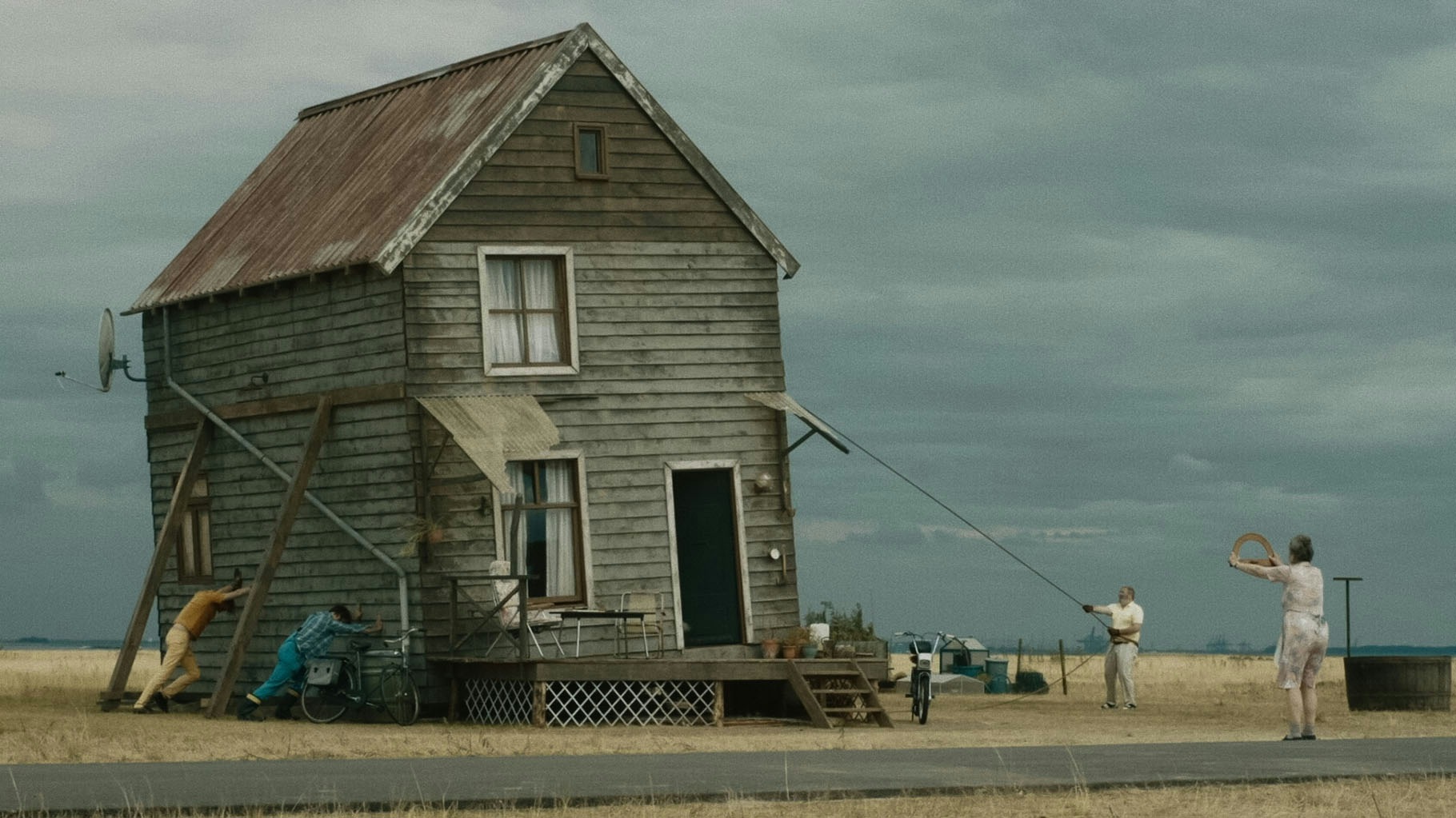
Fabrik: Have you ever had any difficulties pushing your creative and artistic approach to clients?
Myrthe Mosterman: "When doing commercials everybody has different points of view and it is a diplomatic job. You try to make all parties involved as happy as possible, without giving up on creativity. My main creative struggle is about color and lighting: clients often want everything to look bright and happy. They sell a brand to their target audience, but I like to tell a story in a cinematic way as much as possible, battling for the most visually interesting locations, framing, lighting and colors. But it is a great feeling when everybody is on the same page, making a great commercial. "
"My main creative struggle is about color and lighting: clients often want everything to look bright and happy. They sell a brand to their target audience, but I like to tell a story in a cinematic way as much as possible."
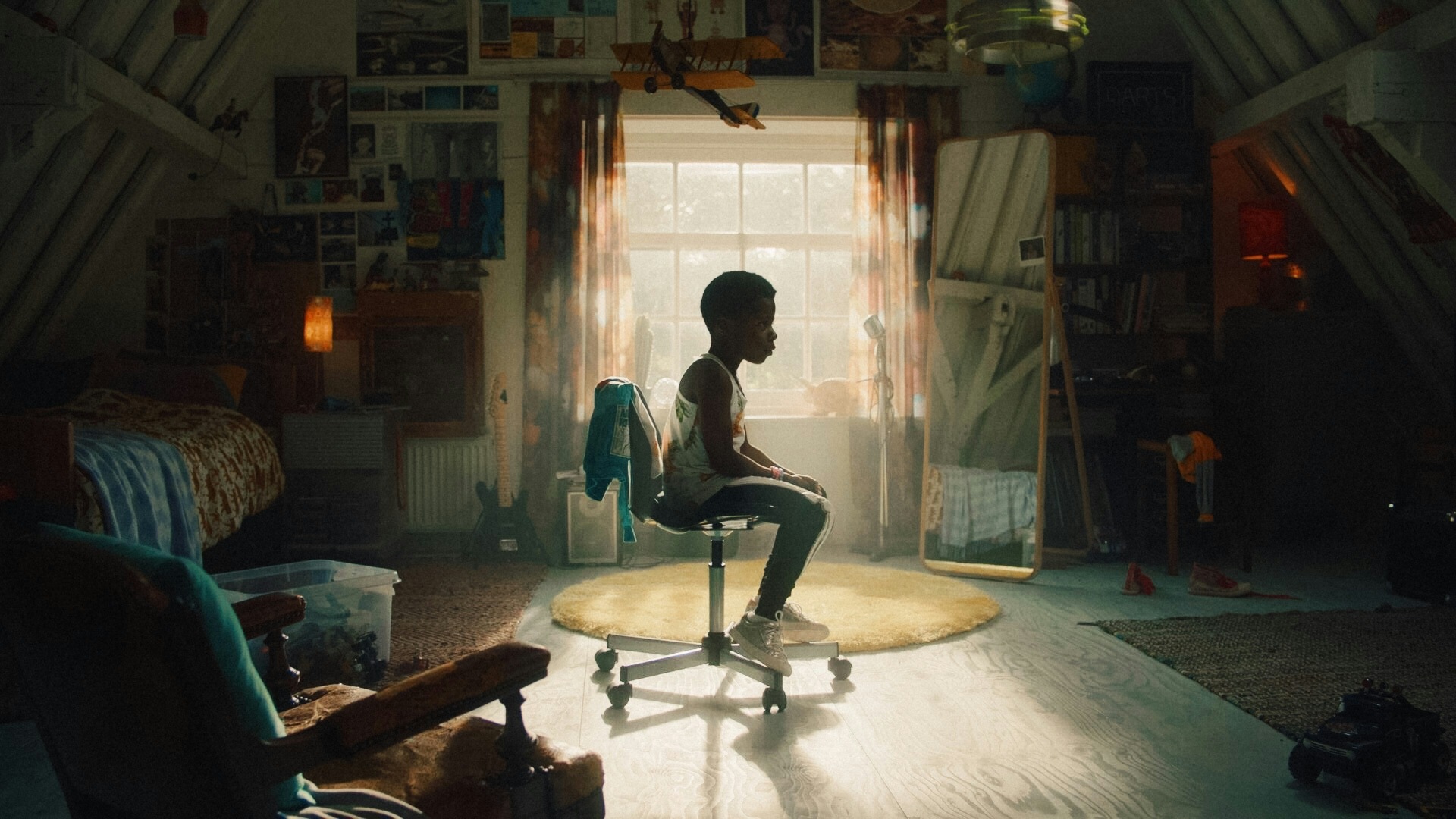
Fabrik: Is there any piece of work, be it a film, a song, a painting, that has left you with a lasting impression or any mentors you have encountered throughout the span of your career? Or any work you admire, but it’s not yours?
Myrthe Mosterman: "I admire a lot of cinematographers and directors and get inspired daily with the things I see around me. Especially when I am traveling, new places give me great vibes and I capture my best frames in unknown settings.
Some of my favorite films are the ones Rodrigo Prieto shot with Alejandro Iñárritu, especially the older ones as Babel and Biutiful. But every time I am at the cinema I am impressed with new films I see and find it difficult not to compare yourself all the time. I like photography as well, although I mostly use it as a reference point when commmunicating with a director and during the inspiration / mood boarding phase of a project. I love the work of photographers as Greg Girard, Todd Hido, Stephan Vanfleteren, Evgenia Arbugaeva as well as the If You Leave platform showcasing new talent."
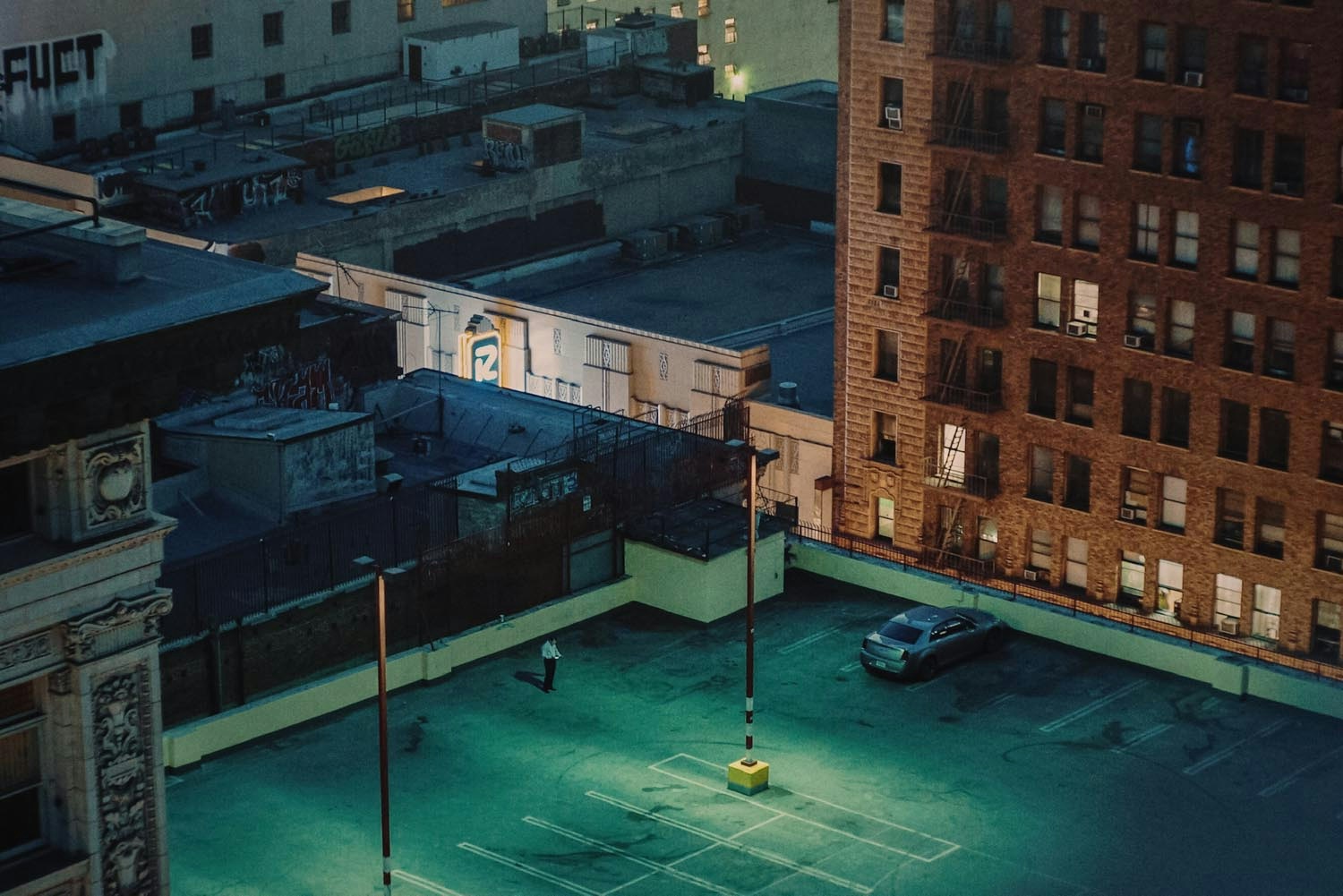
Fabrik: Are there any related fields in the arts that you would like to explore or you are currently delving into?
Myrthe Mosterman: "Photography is an art form very close to cinematography, so it is something I love to explore. Going to exhibitions, book stores, online and on Instagram - half of the time I am looking at creating a new interpretation of the world around me."
Fabrik: Any advice you’d like to impart to those entering the field?
Myrthe Mosterman: "When working creatively, I think many of us suffer from the imposter syndrome, that awkward state of mind that tells you you're really not adequately skilled or successful and that one day others are going to find out you are not that good at all. I think in these times it is very difficult to stop comparing yourself to others. It is important to find and trust your inner voice and just do whatever you think is right. At the same time however, it's all about respecting the people you work with. Film making is something you never do on your own, so communication is key and you have to find a way to share your ideas and personality in a way that people want to work with you."
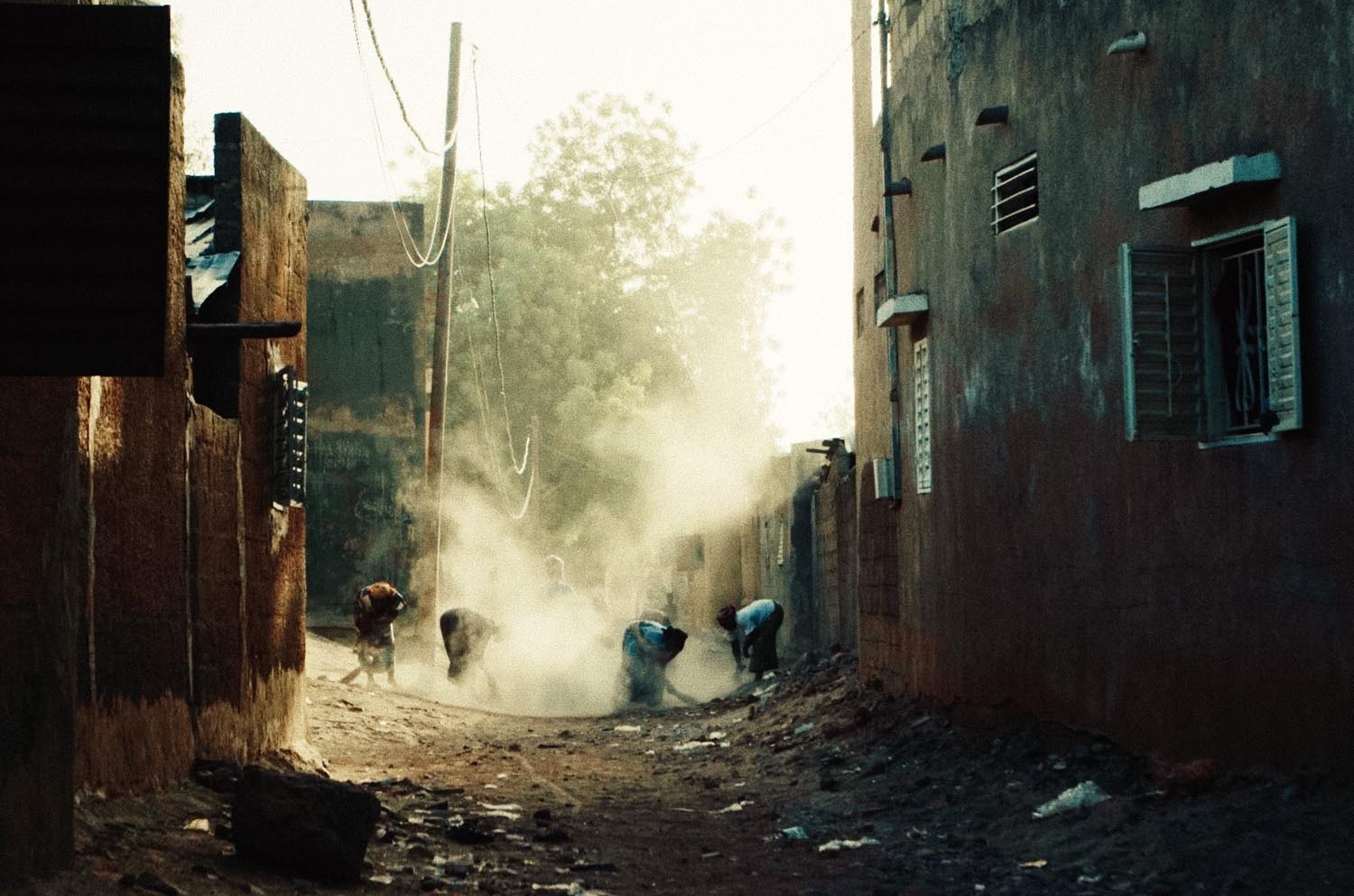
Fabrik: Final question: What do you like most about Fabrik? What's your favourite feature?
Myrthe Mosterman: "During the lockdown I had time for things that normally stay on my to-do list, so I decided to make a new website. With the help of Jiro Bosma, a fellow filmmaker, who built my website, I was mixing up all kinds of ideas and examples, and we found my favorite design at Fabrik. I love the fullscreen images at the homepage and I am very happy with the end result.”
Myrthe uses Loden, a theme that focuses on making photos and video as large as possible. Loden is bold, and creatives who like to let their imagery do the talking will enjoy working with the simplicity of its layout and options..

